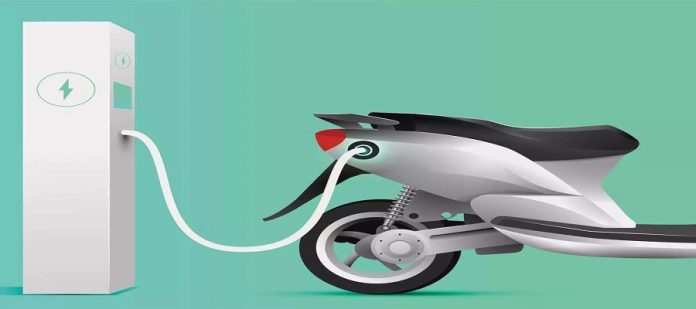India is making history in the electric vehicle (EV) industry by establishing a groundbreaking charging connector standard for light electric vehicles (LEVs). The Bureau of Indian Standards (BIS), India’s National Standard Body, has officially approved the nation’s first AC and DC Combined Charging connector standard for LEVs, designated as IS17017 (Part 2 / Sec 7): 2023.
What sets this initiative apart is that it’s not just a national milestone; it’s a global first. India has designed and engineered the world’s inaugural combined AC and DC charging connector standard for light electric vehicles, potentially setting a new global benchmark for LEVs.
This standard addresses a significant gap in the market for a standardized connector suitable for both AC and DC combined charging systems for light electric vehicles, including 2-wheelers, 3-wheelers, and microcars. Unlike four-wheelers, the high cost and size of a 4W charging connector made it impractical for these smaller vehicles.
The new standard opens the door to a unified light electric vehicle AC and DC combined charging system that benefits all stakeholders in the EV ecosystem, from vehicle owners and manufacturers to charge point operators.
In a pioneering collaboration, NITI Aayog, the Department of Science and Technology, ARAI, EV manufacturers, and the Bureau of Indian Standards worked together to develop this national standard, aiming to create an open ecosystem that drives global EV adoption. This standard enables original equipment manufacturers (OEMs) to innovate beyond international standards, giving a boost to Indian EV technology.
B V R Subrahmanyam, CEO of NITI Aayog, expressed the importance of this achievement, stating, “This combined charging standard is a necessity if we are to achieve our EV targets, especially for Light EVs in India. Since international standards lacked this option, developing it locally was essential to provide Light EV customers with the flexibility to charge from either an AC or DC outlet, depending on what’s conveniently available for them.”
India is poised to be a global leader in the EV-automobile sector with this achievement, with the potential for India-designed and developed technology to be used worldwide.
Niranjan Gupta, CEO of Hero MotoCorp, highlighted the significance of this achievement, noting that it aligns with the ‘Make in India’ policy and elevates India to the status of ‘Innovate in India and Make for the World.’ This development will not only enhance customer convenience but also propel India to the forefront of the global light electric vehicle category.









